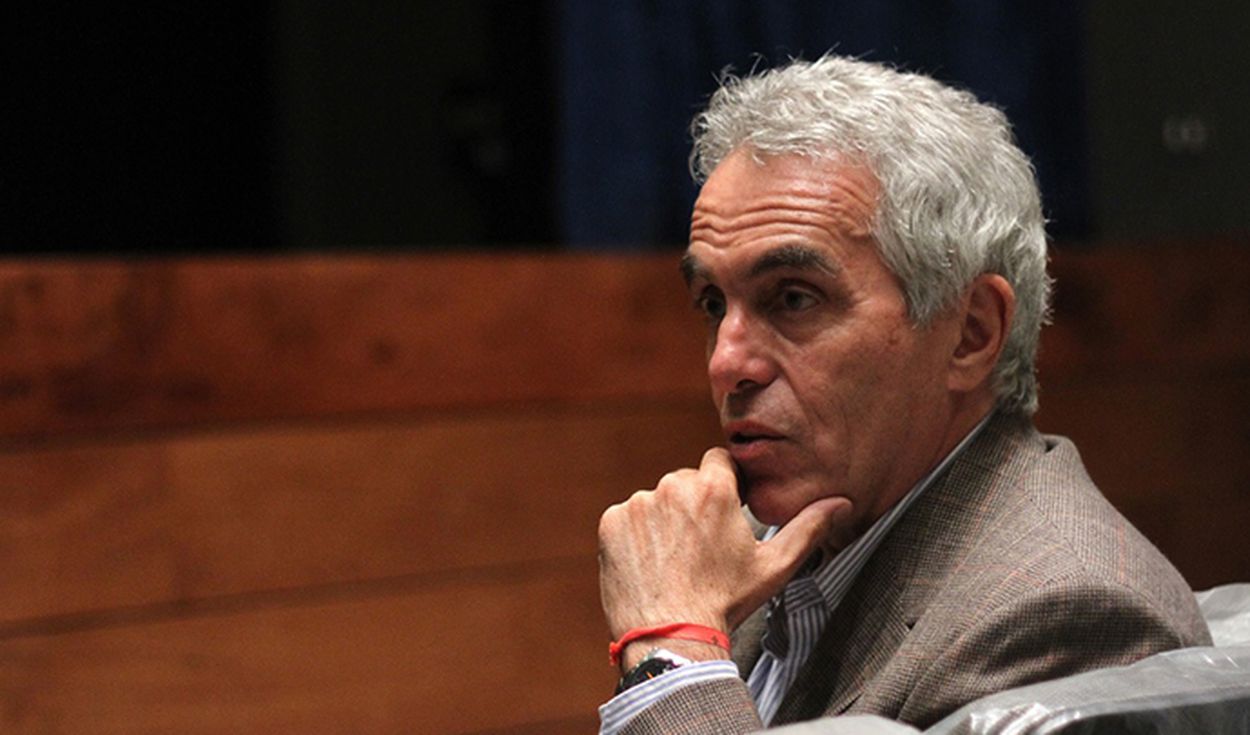RIO DE JANEIRO, BRAZIL – The UN Special Rapporteur on the Independence of Judges and Lawyers, Diego García Sayán, issued a statement Friday, saying that to remove electoral officials in Bolivia created a “dire situation for the rule of law.”
“The actions that have affected the integrity of the electoral courts in Bolivia are worrying. This is a serious matter for the rule of law. I am closely following actions that could undermine the essential independence of these judicial bodies,” García-Sayán, a Peruvian, tweeted.
Read also: Check out our coverage on Bolivia
The UN rapporteur spoke out after President Luis Arce issued a decree removing the department’s electoral officials selected by Jeanine Añez from office. Moreover, the judiciary also declared void the election of four officials in Beni, even though they were already administering the 2020 and 2021 elections.

García Sayán argued that the “abrupt removal of the members of the Electoral Tribunal affects the legal and democratic guarantees,” recalling that they were “appointed based on a mandate to renew the electoral authorities that were unanimously established in the Legislative Assembly in 2020.”
He pointed out that “the principles of irremovability, as well as due process, are essential to protect the judicial institutions.”
He also called for a favorable climate for the members of the electoral tribunals to carry out their work with the appropriate guarantees.
García Sayán’s statement follows others along the same lines, such as Human Rights Watch director José Miguel Vivanco, who said that the removal of judges violates legal guarantees.
Under Bolivian law, the president appoints one of the five members of the Departmental Electoral Tribunals (TEDs), whose terms are six years.
When Jeanine Áñez assumed the presidency, she appointed a member to the Supreme Electoral Tribunal and each of the departmental tribunals. Still, in eight departments, Arce decided to remove the authorities appointed by Añez and appoint others.
The decrees issued by Arce to change officials consider electoral authorities as “appointed officials” under the Civil Service Statute Law, whose appointment is based on “trust.”
He also mentions that the president’s legitimacy comes from the popular vote, as opposed to a “transitional government.”
The opposition rejected the President’s criteria, claiming that the guarantee of the electoral body’s independence is its irremovability during his term. Comunidad Ciudadana pointed out that a vote cannot be treated as an official subordinate to another body since the electoral body is state power.
Source: erbol

